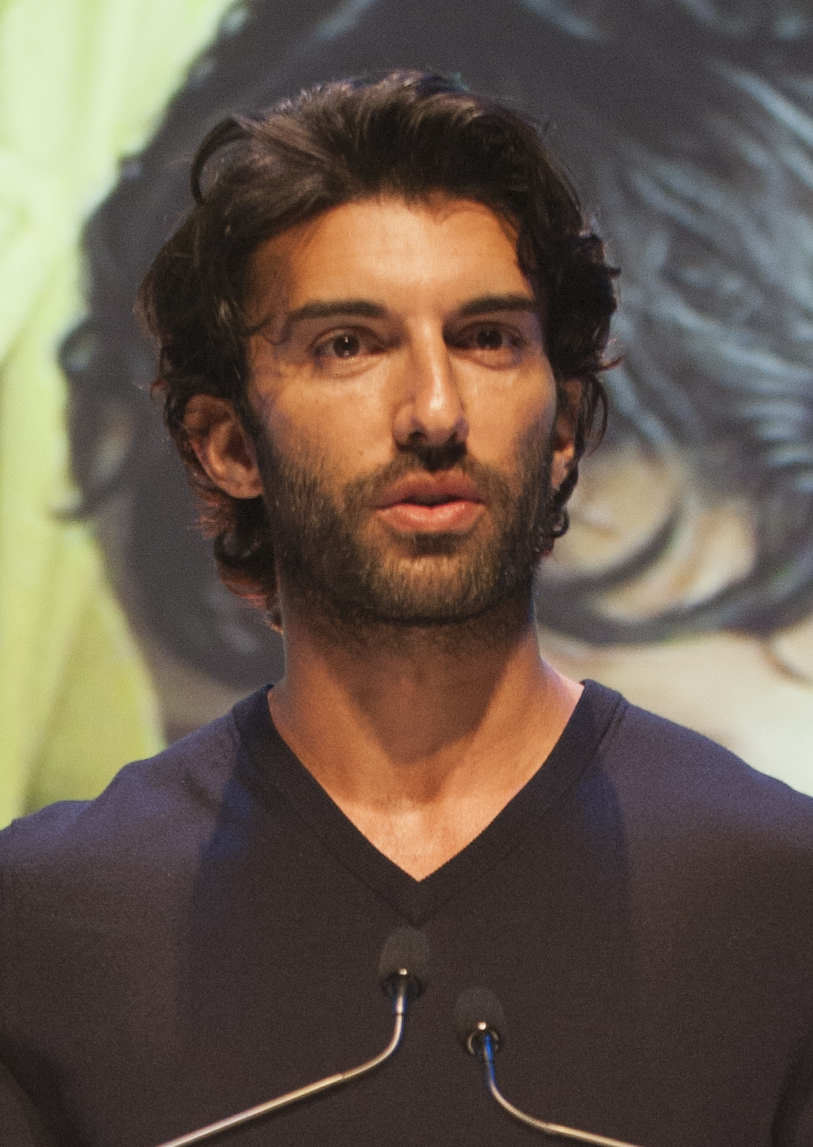In a revealing lawsuit filed in Manhattan state court, Stephanie Jones, a high-profile Hollywood publicist, accuses her former employee of orchestrating a secret smear campaign against actress Blake Lively.
The lawsuit alleges that Jennifer Abel, the ex-employee, and Melissa Nathan, another PR professional, aimed to tarnish Lively’s reputation in order to divert attention from alleged misconduct by Justin Baldoni, whom both women represented. Jones claims that she was kept in the dark about this covert operation which she says extended beyond the legitimate scope of Abel’s work duties.
The lawsuit alleges a damning conspiracy against Lively, who starred alongside Baldoni in the recently released film, “It Ends With Us”. According to Jones, Abel and Nathan were intent on “destroying” Lively to cover up Baldoni’s own on-set misbehavior. Their alleged tactics weren’t just focused on Lively, however. Jones accuses Abel and Nathan of using similar strategies to ruin her own reputation and siphon clients from her PR company, Jonesworks.
Jones has represented some of the biggest names in the entertainment industry and beyond, including Jeff Bezos, Tom Brady, and Dwayne “The Rock” Johnson. This lawsuit follows on the heels of another legal action against Baldoni, Abel, and Nathan initiated by Lively herself last week. The actress filed a complaint with the California Civil Rights Department, citing a hostile work environment created by Baldoni.
Among the allegations in Lively’s complaint are claims that Baldoni frequently discussed pornography on set, added sexually explicit scenes without consent, pressured her to lose weight, and intruded into her personal space without permission. The attorney representing Baldoni, Abel, and Nathan has dismissed these allegations as “completely false, outrageous and intentionally salacious”.
Lively’s complaint also alleges that Baldoni collaborated with Abel and Nathan on a sophisticated PR campaign through manipulated social media activity and tabloid stories. This purported campaign was designed to support Baldoni while simultaneously discrediting Lively. This secret campaign allegedly occurred alongside the official PR for the movie which grossed over $350 million worldwide.
The intrigue extends further as Jones asserts she fired Abel in August for stealing more than 70 proprietary and sensitive business documents from Jonesworks. She also alleges that Abel was actively trying to poach employees for RWA Communications, a competing PR firm.
Despite orchestrating an intense PR campaign for Baldoni, Abel reportedly held him in low regard. Text messages included in the lawsuit show Abel referring to Baldoni as “unlikable and unrealistic as a leading man”, indicating a lack of chemistry between him and Lively.
As the legal battle unfolds, the alleged smear campaign against Lively and the reported behind-the-scenes manipulation leave a cloud of controversy hanging over all parties involved.
This ongoing legal battle exposes the dark underbelly of Hollywood’s public relations world, where reputation is everything and can be manipulated for gain or destruction. The accusations of a smear campaign against Lively are not only damaging to her personal and professional reputation but also raise serious concerns about the conduct within the entertainment industry.
The allegation that Baldoni’s own misconduct was being covered up adds another layer to the narrative, highlighting the lengths individuals may go to protect their image.
The lawsuit also invokes questions about the ethical boundaries in PR practices. If Jones’s allegations are proven correct, this case could prompt a broader conversation about transparency and accountability within the industry. It showcases how in today’s digital age, reputations can be manipulated through social media and tabloid stories, a tactic alleged to have been used by Abel and Nathan.
Further, Jones’s claim that Abel stole sensitive documents and tried to poach employees suggests an intense competition within the PR industry. This could potentially lead to more stringent measures for protecting proprietary information and stricter policies on employee conduct within PR firms.
Importantly, these lawsuits highlight the power dynamics at play in Hollywood. Lively’s allegations of a hostile work environment underscore the need for stronger workplace protections in the industry. The fact that these allegations are being made against high-profile individuals like Baldoni further amplifies the urgency of addressing such issues.
In sum, while this case is specific to certain individuals, its implications resonate on a larger scale. It brings to light serious issues surrounding workplace conduct, PR ethics, and power dynamics in Hollywood that warrant broader attention and possibly regulatory scrutiny.
In conclusion, this unfolding legal drama has put a spotlight on the blurred lines between public relations and personal reputation management in Hollywood. It raises serious concerns about the potential misuse of PR tools and the need for ethical guardrails in the industry. The outcome of these lawsuits could have far-reaching implications not only for those directly involved, but for the industry as a whole.
As the entertainment world continues to grapple with issues of workplace misconduct, this situation serves as a stark reminder of the urgent need for transparency and accountability. In a world where an individual’s image can be digitally manipulated and spread globally, the importance of ethical conduct in public relations has never been more paramount.
- 4 zodiac signs who overthink past conversations and regret what they didn’t say - Parent From Heart
- If you struggle with people-pleasing, these 8 phrases will stop you from being taken advantage of - The Blog Herald
- 8 phrases you don’t realize are making you come across as inexperienced and incompetent at work - NewsReports
These proceedings could potentially set new precedents in dealing with similar issues in the future. It prompts us to question: How will this impact the dynamics within PR firms? Could this lead to more stringent regulations within the industry? And most importantly, will it trigger a much-needed cultural shift towards better workplace conduct in Hollywood? Only time will tell.
As we await further developments, one thing is clear – this controversy serves as a wake-up call to all stakeholders in Hollywood about the urgent need for change.









